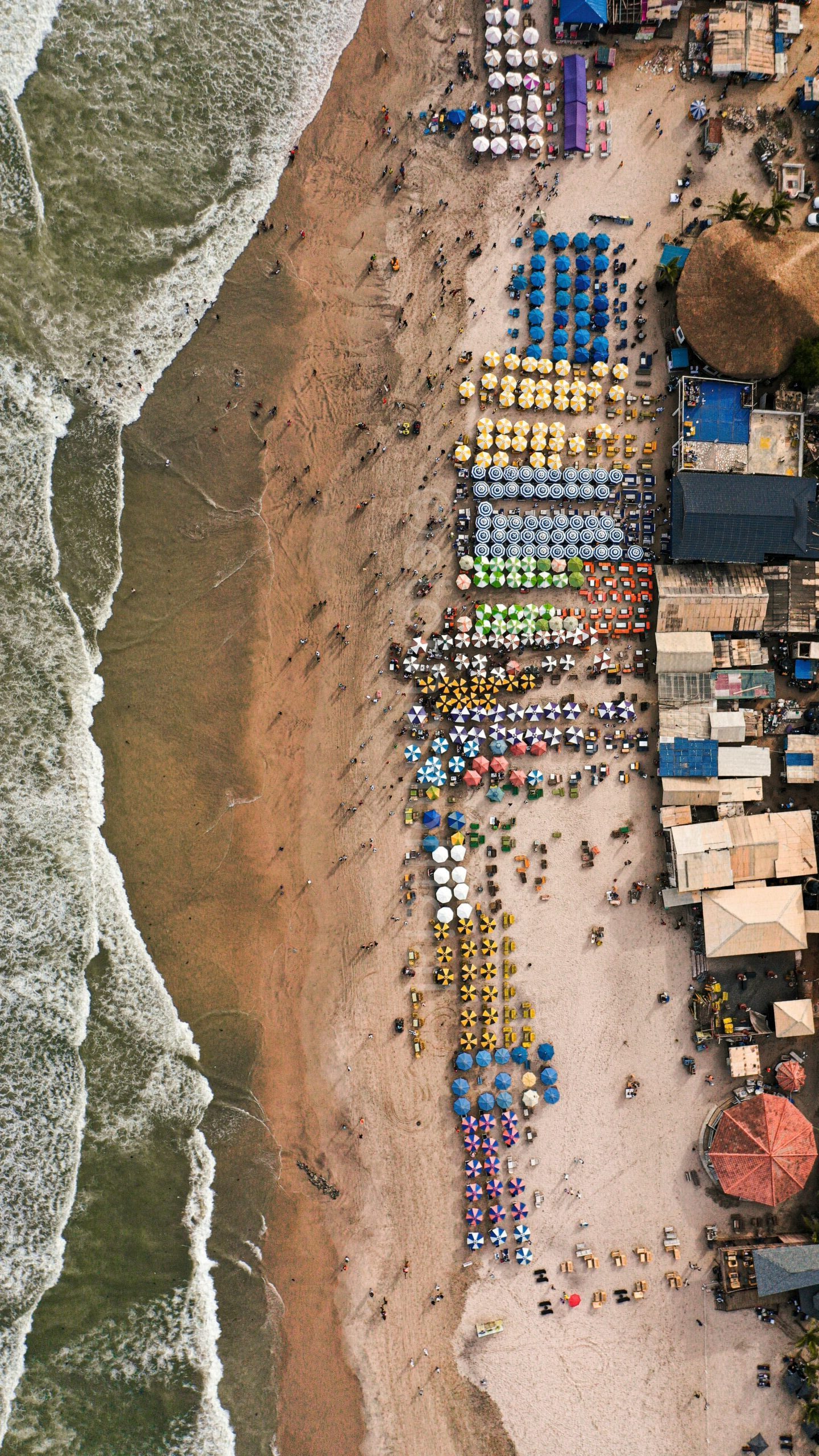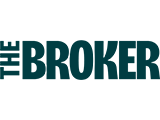Knowledge Brokering for International Cooperation
Actors need a strong and informed knowledge base to make a sustainable impact on the global challenges of today. This requires focus, insight into good practices, and cooperation between knowledge institutions, policymakers, civil society and companies. For this purpose, the Knowledge Platforms were initiated by the Dutch Ministry of Foreign Affairs in 2011 and their expertise and experience in knowledge brokering remains crucial to fostering a cohesive and knowledge based approach to global challenges today.
At these Platforms dedicated knowledge brokers facilitate knowledge activities and networks of Dutch actors and their partners from the Global South to jointly exchange, share, learn, and build on their collective expertise and contribute to more sustainable impact.
For a comprehensive overview, the Dutch knowledge Platforms are gathered on this website. Each platform aligns its thematic focus with one of the priorities set forth in Dutch international policies. Collectively, these platforms play a pivotal role in knowledge building for Dutch international development cooperation and foreign trade policies and practices, contributing to a more cohesive and impactful approach to global challenges.
Historical Context
The inception of the Dutch Knowledge Platforms followed a 2011 policy note presented to Parliament by then-Secretary of State Ben Knapen. Recognizing the multiplicity of Dutch international development efforts, the Ministry of Foreign Affairs identified a need for a more cohesive strategy. Historically, efforts were siloed, focusing independently on individual themes and lacking a structured approach to knowledge management.
It called for an approach to strengthen collaboration for international development cooperation by facilitating connections across a diverse spectrum of stakeholders, including policymakers, researchers, civil society organizations, and private sector entities. This collaborative approach aimed to pool expertise and adopt a unified strategy for knowledge management, utilization, and uptake in international development cooperation.
This initiative materialized in the establishment of the Dutch Knowledge Platforms by the Ministry of Foreign Affairs (MinFA) in 2013-2014. Aligned with the policy priorities of that time, including security and the rule of law, inclusive economic development, food security, sexual and reproductive health and rights, and water for development, these platforms became instrumental spaces for active collaboration and knowledge exchange.


Current Impact
Since their inception, the knowledge platforms have been instrumental as spaces fostering collaboration and knowledge exchange between actors and sectors in the Netherlands and the priority countries of the Ministry of Foreign Affairs. They not only manage knowledge and showcase lessons learned and effective practices but also support policymakers and practitioners in leveraging insights from the Global South for more sustainable and needs-based impact. This contribution strengthens the evidence base for policy and practice, both in the Netherlands and abroad.
In line with the current Dutch Policy for Foreign Trade and Development Cooperation, “Do what we do best,” and the Netherlands’ Africa strategy for 2023-2032, the knowledge platforms, as knowledge partners of the Ministry of Foreign Affairs, persist in their mission. They continue to facilitate and co-create knowledge and strengthen evidence, fortifying Dutch expertise to address global challenges across diverse sectors and themes. Moreover, they remain dedicated to fostering equitable partnerships with the Global South.
If you would like to learn more about the history of Dutch knowledge policies and debates, as well as the inception of knowledge platforms, please explore the archives of the Broker from that time.
